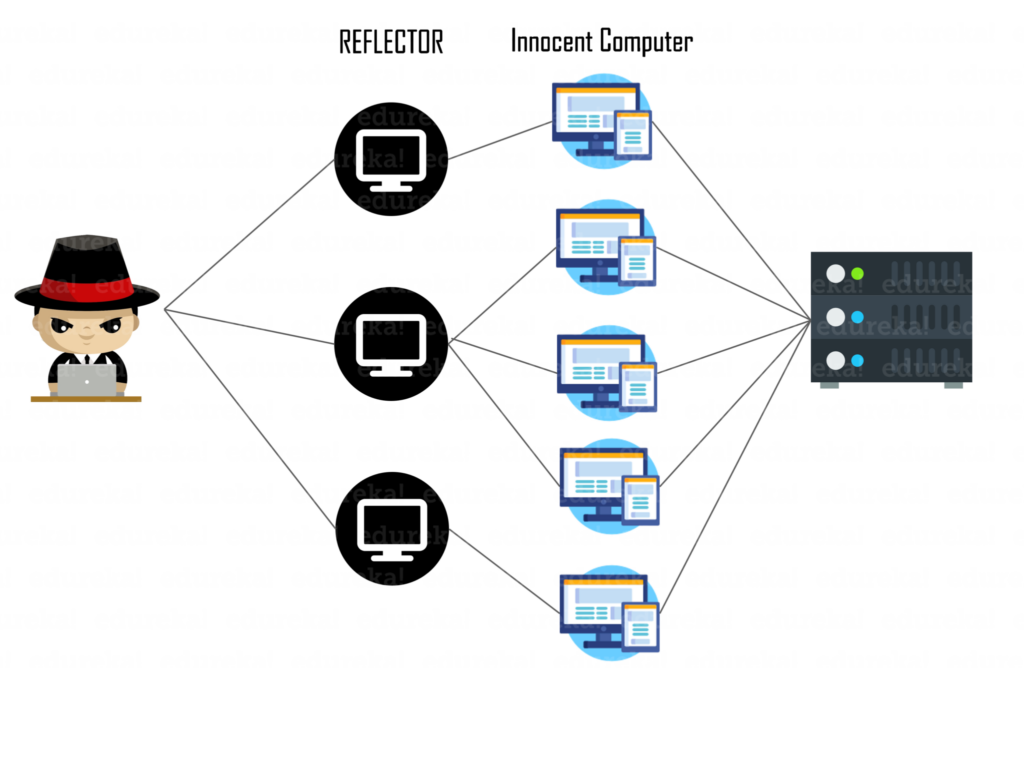Rootkit definition and meaning
A rootkit is a sort of malware designed to offer hackers entry to and manage over a goal tool. Although maximum rootkits affect the software program and the running device, a few also can infect your PC’s hardware and firmware. Rootkits are adept at concealing their presence, however, whilst they stay hidden, they’re active.
Once they advantage of unauthorized entry to computer systems, rootkits permit cybercriminals to scouse borrow private records and economic information, set up malware, or use computer systems as a part of a botnet to flow into unsolicited mail and take part in DDoS (disbursed denial of service) assaults.
The name “rootkit” derives from Unix and Linux running structures, wherein the maximum privileged account admin is referred to as the “root”. The programs which permit unauthorized root or admin-stage get entry to the tool are called the “kit”.
What is a rootkit?
A rootkit is a software program utilized by cybercriminals to advantage manage over a goal PC or network. Rootkits can occasionally seem like an unmarried piece of software program however are regularly made from a set of gear that permits hackers administrator-stage to manage over the goal tool.
Hackers set up rootkits on-track machines in some ways:
The maximum not unusual place is through phishing or some other sort of social engineering assault. Victims unknowingly download and set up malware that hides inside different tactics going for walks on their machines and providing the hackers manage of virtually all components of the running device.
Another manner is through exploiting a vulnerability – i.e., a weak point in a software program or a running device that has now no longer been updated – and forcing the rootkit onto the PC.
Malware also can be bundled with different documents, along with inflamed PDFs, pirated media, or apps acquired from suspicious third-birthday birthday celebration stores.
Rootkits perform close to or inside the kernel of the running device, which offers them the potential to provoke instructions to the PC. Anything that makes use of a running device is a capacity goal for a rootkit – which, because the Internet of Things expands, can also additionally consist of objects like your refrigerator or thermostat.
Rootkits can disguise keyloggers, which seize your keystrokes without your consent. This makes it smooth for cybercriminals to scouse borrow your private information, along with credit score card or online banking details. Rootkits can permit hackers to apply your PC to release DDoS assaults or ship out unsolicited mail emails. They may even disable or do away with safety software programs.
Some rootkits are used for valid purposes – for example, supplying faraway IT guides or helping regulation enforcement. Mostly even though, they’re used for malicious purposes. What makes rootkits so risky is the diverse styles of malware they could deliver, that can manage a PC’s running device and offer faraway customers with admin get entry to.

Types of rootkits
1. Hardware or firmware rootkit
Hardware or firmware rootkits can affect your difficult drive, your router, or your device’s BIOS. that’s the software program set up on a small reminiscence chip to your PC’s motherboard. Instead of concentrating on your running device, they goal the firmware of your tool. In this way, they put in malware that’s hard to hit. Because they affect hardware, they permit hackers to log your keystrokes in addition to displaying online activity. Although much less unusual place than different types, hardware or firmware rootkits are an extreme risk to online safety.
2. Bootloader rootkit
The bootloader mechanism is answerable for loading the running device on a PC. Bootloader rootkits assault this device, changing your PCS valid bootloader with a hacked one. This turns on the rootkit even earlier than your PCS running device is loaded.
3. Memory rootkit
Memory rootkits disguise your PCS random-get entry to reminiscence (RAM). In addition to using your PCS assets to perform malicious sports inside the background. they affect your PC’s RAM performance. Because they most effectively stay to your PC’s RAM and don`t inject everlasting code. Reminiscence rootkits disappear as quickly as you reboot the device. Even though occasionally similar paintings are wanted to remove them. With their brief lifespan approach, they generally tend now no longer to be perceived as a considerable risk.
4. Application rootkit
Application rootkits update preferred documents to your PC with rootkit documents and might even alternate the manner preferred programs paint. These rootkits infect applications like Microsoft Office, Notepad, or Paint. Attackers can acquire entry to your PC whenever you run the one’s applications. Because the inflamed applications nevertheless run normally, rootkit detection is hard for customers. however, antivirus applications can hit upon them considering they each perform at the utility layer.
5. Kernel mode rootkits
Kernel mode rootkits are the various maximum extreme kinds of this risk, as they goal the very middle of your running device (i.e., the kernel stage). Hackers use them now no longer to get entry to your PC. but to alternate the capability of your running device. This is made with the aid of including their code.
6. Virtual rootkits
A digital rootkit hundreds itself beneath the pc`s running device. It then hosts the goal running structures as a digital machine, which permits it to intercept hardware calls. This is made with the aid of using a unique running device. This sort of rootkit no longer needs to adjust the kernel to subvert the running device. So, it may be very hard to hit.


